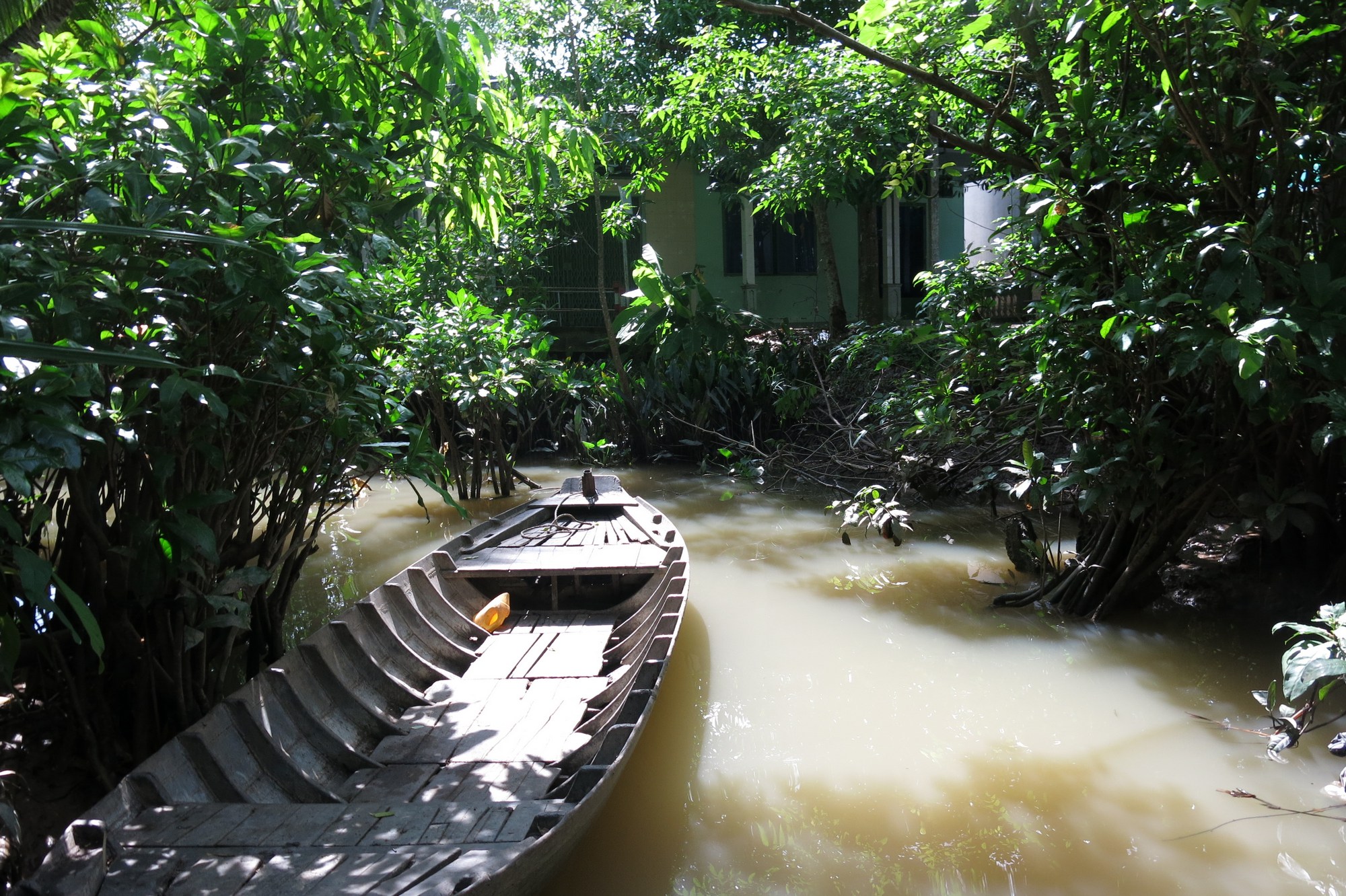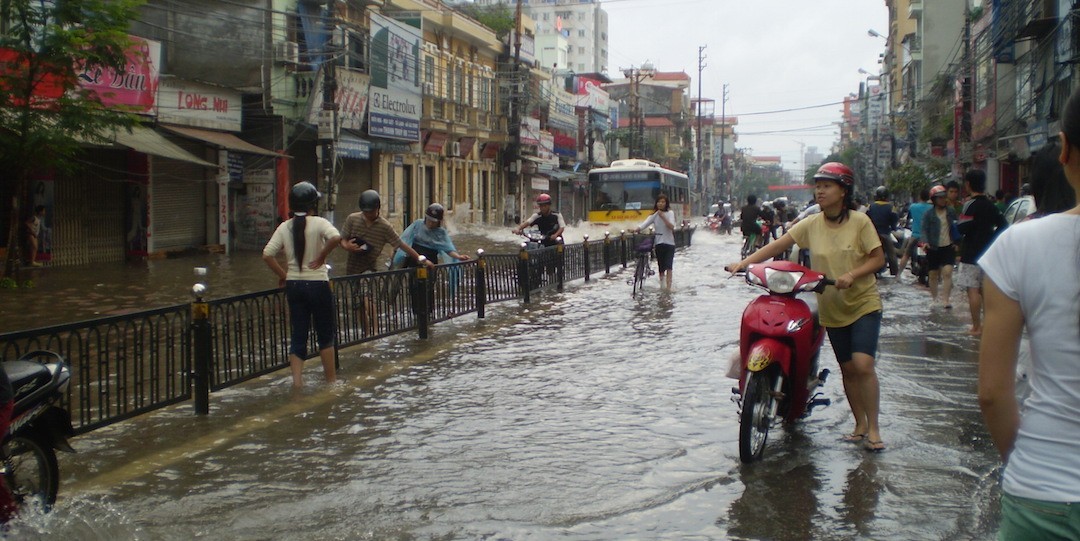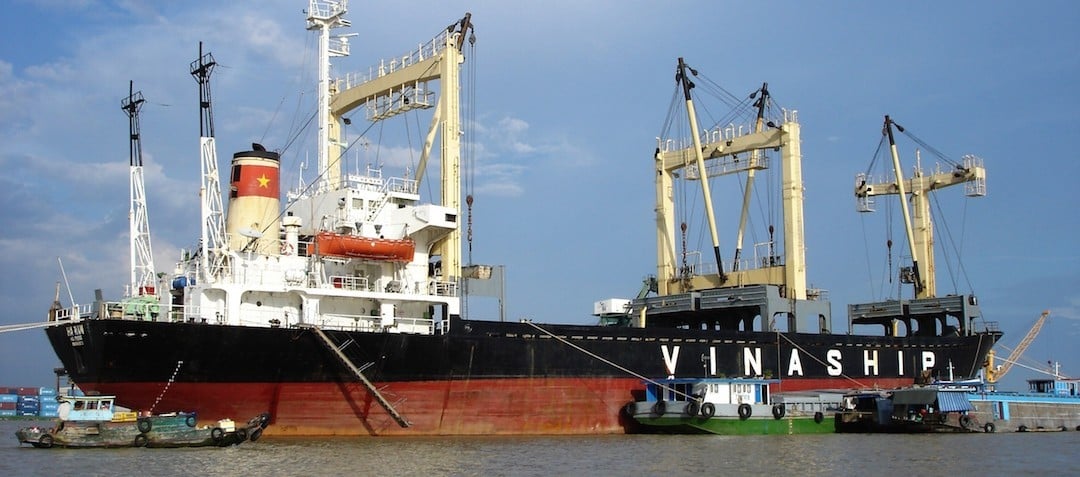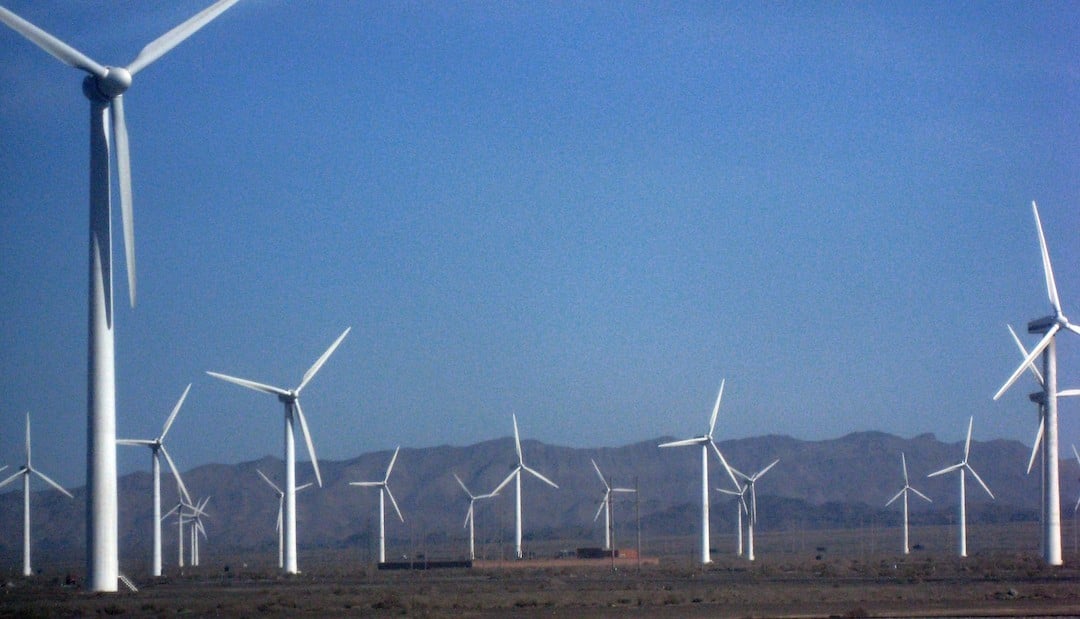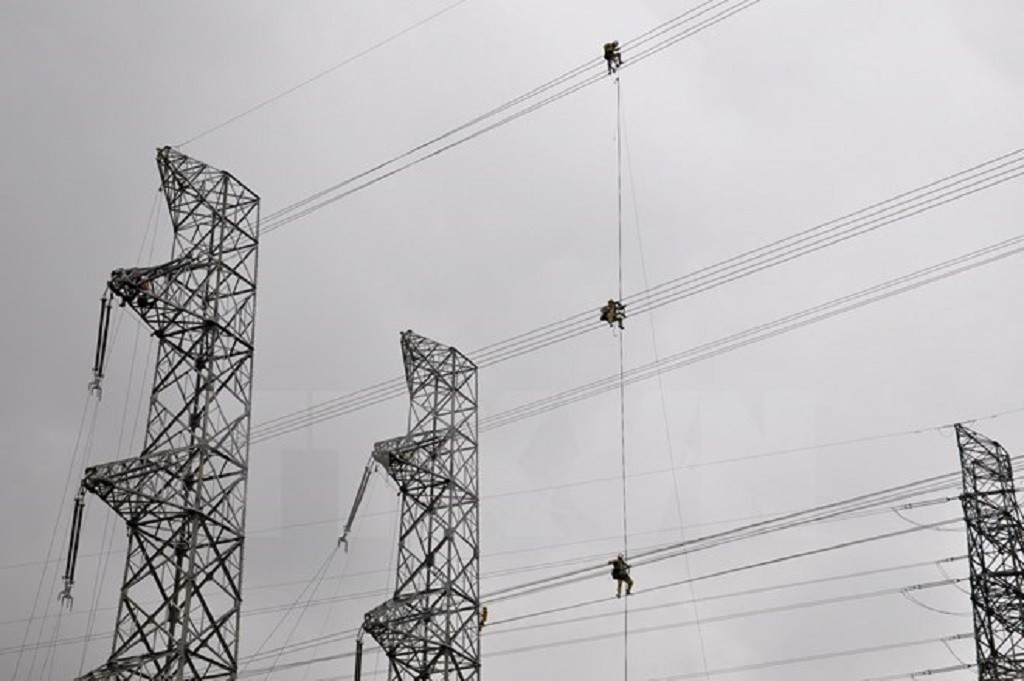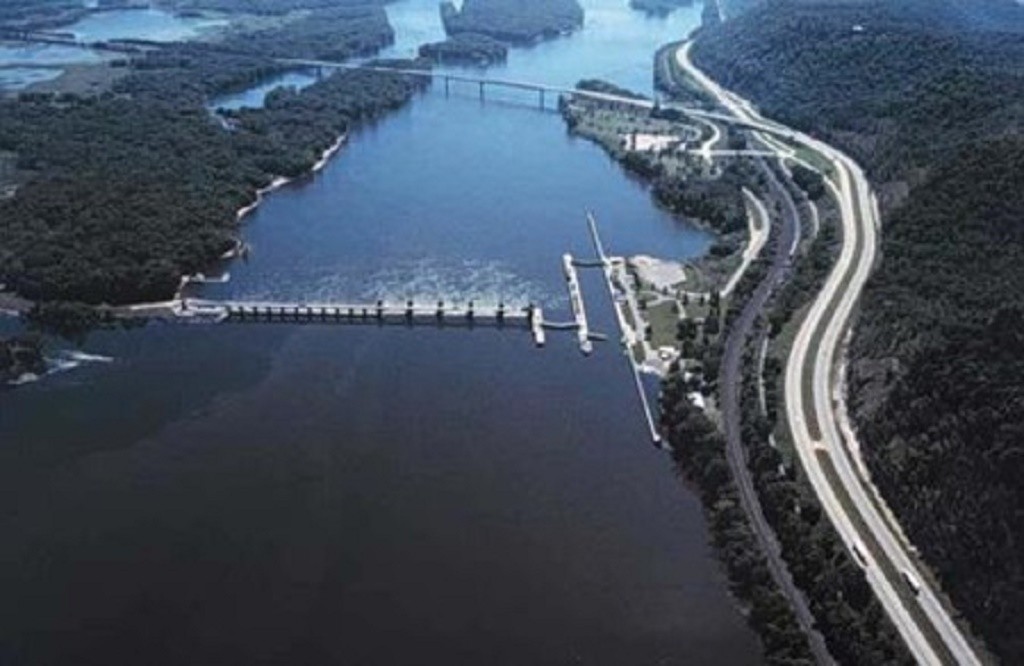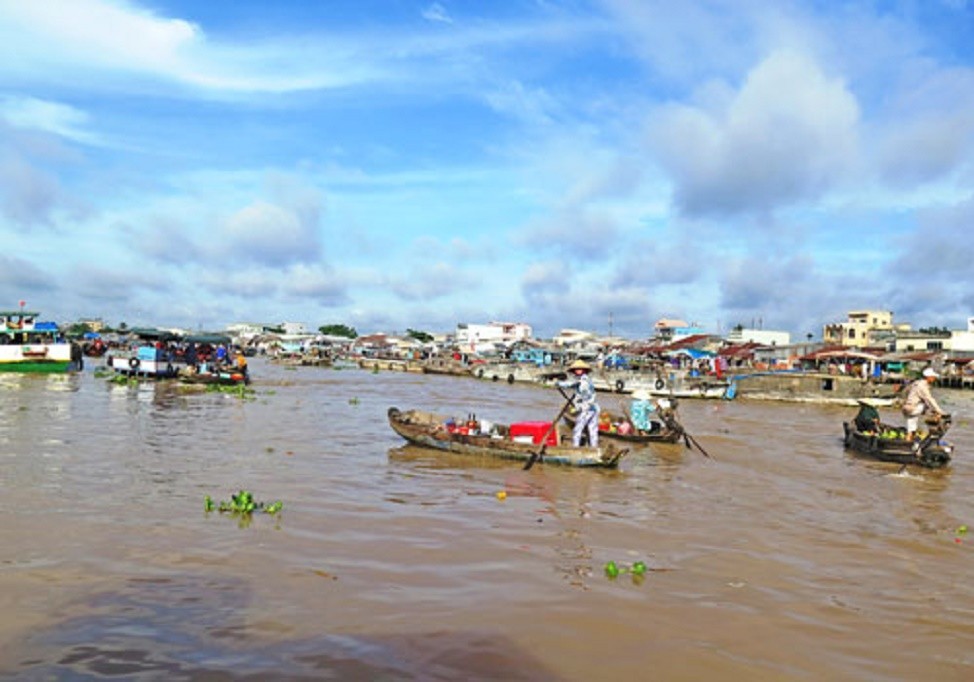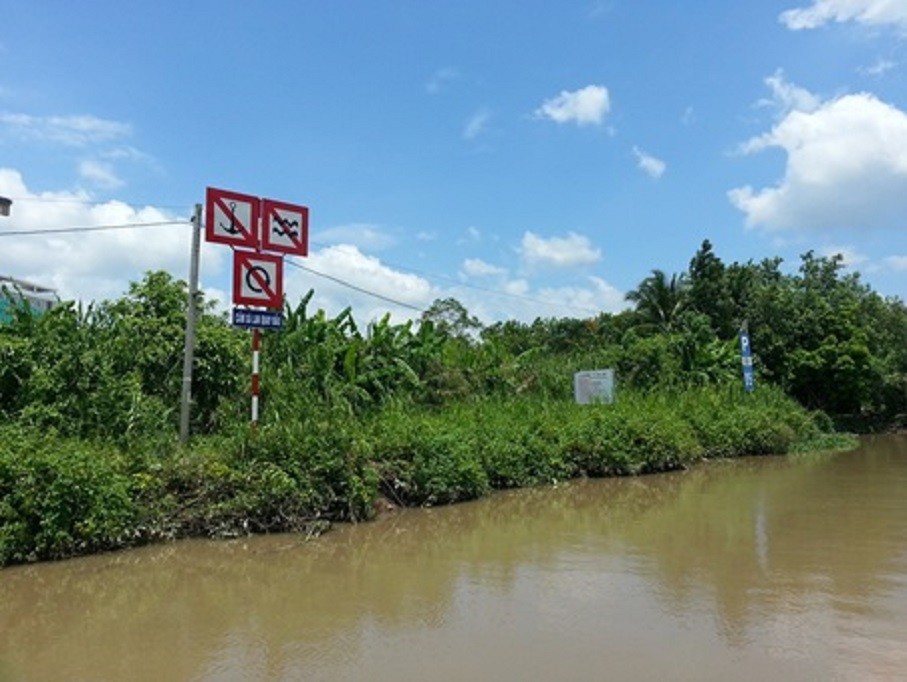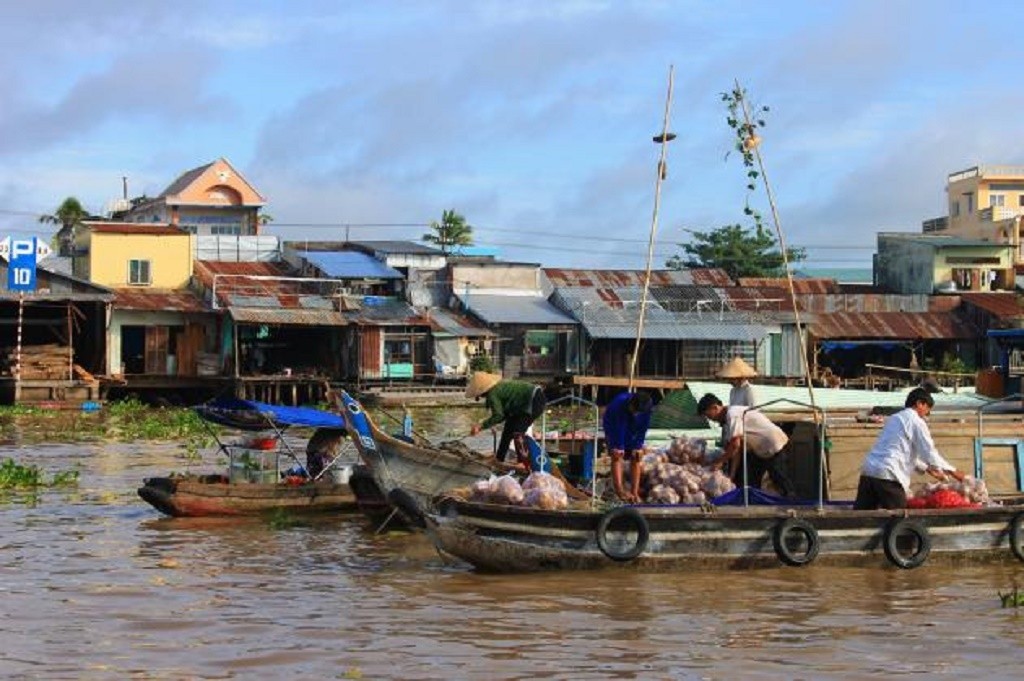In mid August, many correspondents from Cambodia, Myanmar, Thailand, China, and Britain came to Mekong River Delta. They wanted to witness the impacts of climate change, sea level rise and certainly mainstream dams upstream Mekong River, affecting the granary, fish, and shrimp of the world.
Category: Viet Nam
Gradual loss of the Southeast Asian Rice Field
Hundreds of kilometers of riverbank and shoreline in the Mekong River Delta are being eroded dramatically with hundreds and even thousands of hectars of land swept away annually. The place widely known as the field of Southeast Asia, annually produces 24-25 millions tonnes of rice (6-8 million tonnes of rice export) and 1.2 million tonnes of catfish, and 500,000 tonnes of shrimp, mostly for export. That field is being lost.
Greedy developers often to blame for floods
Streets were turned into riv-ers in Ha Noi and HCM City in a matter of hours over the last few days in what have been described as historic rainfalls. Traffic was thrown into chaos as thousands of residents scrambled to get home in the driving rain that lasted for hours at a time.
China’s transport infrastructure initiative to have bad impact on Vietnam’s plan: expert
China’s transport infrastructure initiative, including the establishment of the Asian Infrastructure Investment Bank (AIIB) and other related proposals, will pose a threat to Vietnam’s infrastructure development plan in the near future, an expert from the Vietnam Institute for Economic Research and Policy (VEPR) said at a seminar on the Chinese economy in Ho Chi Minh City last week.
As China’s energy growth slows, coal-fired power blocks more wind, solar and hydro
China has made a big bet on renewable energy installation to wean the country off dirty fossil fuels and to meet its emission targets, but the latest government statistics show that a big portion of power generation from Chinese solar farms, wind projects and hydroelectric dams has failed to reach energy users.
Work starts on Nghi Son 2 thermal power plant
Construction began on the Nghi Son 2 Thermal Power Plant at the Nghi Son Economic Zone in the central province of Thanh Hoa on September 18. The plant is being built at a total cost of 2.3 billion USD, with 25 percent contributed by a joint venture between Japan’s Marubeni Group and the Republic of Korea Electric Power Corporation (Kepco) and the remaining coming from foreign banks.
Environment group voices concerns over Mekong dam
An environmental watchdog based in Viet Nam is asking the Laos government to reconsider the construction of a controversial hydropower plant along the Mekong River. The non-governmental organisation Viet Nam River Network issued a press release last Friday stating that the Don Sahong project, the second largest dam approved by the Laos government, would adversely affect the area.
Mekong dwellers struggle to adapt to tides of change
Since its founding, the inhabitants of Can Tho city have sold their wares atop the water, which has become a tourist spectacle. Rush hour at the floating market is around 8am. After noon, the sellers pack up their boats and return home. In recent years, local communities have begun to struggle against the growing problems of erosion and pollutants that threaten their way of life on the Hau River, a large branch off the MekongThe 185-kilometre (115-mile) Hau River passes through the southern part of Vietnam and into Cambodia, where it is called the Bassac River. In both countries, people call this river their home and depend on it for the livelihood by selling products from the Can Tho delta.
Can Tho river signs to reduce speeds, erosion
HCM CITY (VNS) — Can Tho authorities plan to install speed limit signs on the Hau River to prevent barges from travelling too fast, causing serious erosion and damaging property in the city’s An Binh Ward.
Vietnamese plea to Thailand: Don’t divert the Mekong
Thailand Prime Minister Prayut Chan-o-cha voiced plans to use water from the Mekong and Salween rivers to fill dams that have run low because of drought and poor water management. But the PM’s remarks have caused shockwaves in the Mekong Delta, which would be directly affected if such a project was to go ahead.



